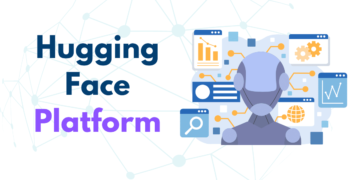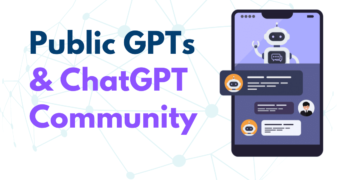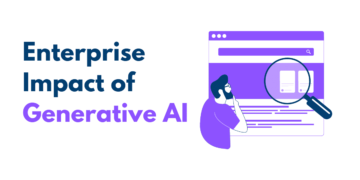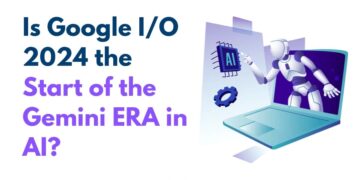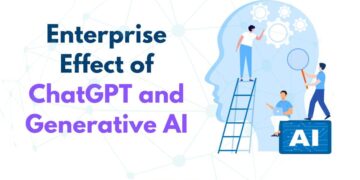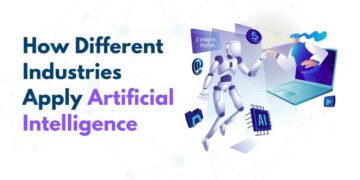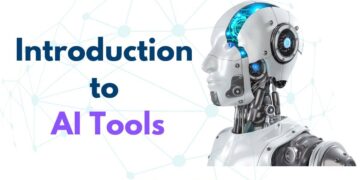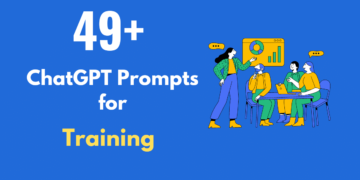Over the previous yr the event and progress of AI has each captured the general public creativeness and expanded our sense of expertise’s capability to be useful. It has additionally — importantly — sparked coverage conversations on the right way to steadiness innovation with strong information privateness protections.
In the USA alone, we ended 2023 with seven new state privateness legal guidelines enacted, every of which can impression AI growth. Whereas we do not know all that 2024 will convey, we could be sure that new regulatory necessities associated to privateness, in addition to legal guidelines particularly centered on this burgeoning discipline, are imminent.
Our crew runs Checks, Google’s compliance platform for app builders that helps simplify privateness and regulatory compliance for growth groups, and as we ponder new necessities within the yr forward, we see three areas that we consider privateness professionals ought to take note of:
1. Using public private information in coaching fashions
AI fashions are sometimes educated on large datasets of public information. This information can embrace private info, equivalent to names, addresses and cellphone numbers. As AI fashions change into extra subtle, current privateness legal guidelines might want to evolve to account for brand new circumstances underneath which private information could be collected and processed that haven’t been a difficulty or contemplated up to now. This may occasionally additionally embrace reconsidering established definitions of key phrases, equivalent to what constitutes processing, transparency and even when information remains to be thought of private.
2. Harmonizing privateness laws with new AI regulation
Governments all over the world are more and more specializing in oversight of synthetic intelligence. Nonetheless, it’s unclear how new legal guidelines and laws will work together with current privateness legal guidelines. That’s the reason it’s vitally necessary to think about the sensible software of latest AI coverage initiatives, together with overlaps with current legislation. The current White House Executive Order on the event and use of AI, which emphasizes security, safety, innovation and fairness, consists of a number of initiatives associated to privateness and highlights the significance of interactions between AI and privateness coverage.
3. Defending youngsters’s privateness
The Youngsters’s On-line Privateness Safety Act (COPPA) governs the gathering and use of kids’s (underneath the age of 13) information within the U.S. It has been in place for over 20 years, and guidelines promulgated in accordance with this legislation are periodically up to date by the Federal Commerce Fee (FTC). Final month, the FTC launched a discover of proposed rulemaking that addresses a few of the suggestions supplied by commenters, together with firms, advocacy teams and creators. These proposed modifications are notably necessary to think about within the context of the expanded use of AI in services which are each child-directed and those who arguably aren’t absolutely child-directed. AI merchandise and the builders at their helm ought to contemplate fastidiously whether or not or how they incorporate youngsters’s information of their creation and deployment of AI programs, and the way these programs could work together with youngsters.
Whereas the accelerated tempo of innovation implies that these might solely be the tip of the regulatory iceberg in 2024, we all know that there are some clear steps firms and privateness professionals chargeable for AI growth can take to organize for what lies forward.
- Make privateness a part of your organization’s DNA, now. Retrofitting privateness practices is tough, but it surely’s by no means too late to begin. Make privateness a core tenet of the product and enterprise mannequin by creating clear inner privateness ideas and insurance policies, and incorporating these ideas into all ranges of product growth and deployment. When you’re a Google Cloud buyer, there are resources that will help you conduct information safety impression assessments (DPIAs). As you broaden to include AI into your services, conduct danger assessments utilizing frameworks equivalent to Google’s Secure AI Framework (SAIF), to make sure that the corporate is correctly implementing applicable protections. Firms also needs to prioritize worker privateness coaching and spend money on expertise that allows the implementation of privateness practices extra effectively and successfully.
- Construct a compliance-aware tradition. Be certain that the whole firm understands how essential privateness is to the success of the group. Foster an atmosphere the place folks really feel snug elevating points and equip them with the sources to deal with these points. Privateness compliance is everybody’s accountability — and constant firm coaching and inner communications should repeatedly reinforce this maxim.
- Use AI to simplify compliance. Whereas the accelerated incorporation of AI into your choices could make it tough to maintain up, AI may assist make compliance less complicated and simpler. The regulatory panorama will proceed to shift for the foreseeable future, so search for AI-powered compliance options, like Checks, that will help you handle shifting necessities, enhance transparency throughout your groups, and let you react extra simply and effectively as modifications come. Understanding exactly what information you’re accumulating and utilizing can be difficult, so AI solutions that present a transparent view into information administration will assist you to nimbly reply to new necessities. AI could be an asset, not a hindrance in remaining compliant with ease.
By taking proactive steps to prioritize privateness in firm tradition and product design, organizations can sort out shifting laws easily. The regulatory atmosphere retains altering, however those that prioritize transparency, collaboration and utilizing sensible expertise are positioning themselves for what lies forward in 2024 and past.

